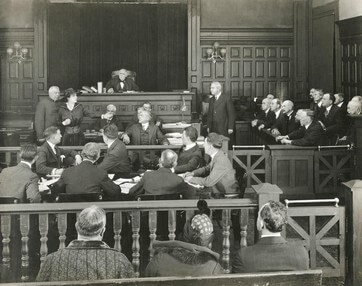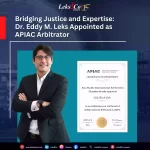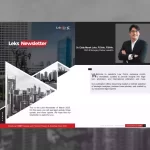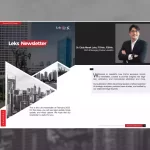On 8 December 2017, the Minister of Law and Human Rights (“MOLHR”) enacted the MOLHR Regulation No. 32 of 2017, which provides procedures of dispute settlement over the laws and regulations through non-litigation mechanism (out of court settlement). Before the issuance of this regulation, the review of laws and regulation can only be conducted through (i) constitutional review by the Constitutional Court over the constitutionality of the laws, and (ii) judicial review by the Supreme Court over the legality of regulations below the level of laws.
Under the MOLHR Regulation No. 32 of 2017, an application of non-litigation dispute settlement can be filed to the MOLHR over the laws and regulations that are conflicting both vertically and horizontally and (i) resulting conflict of legal norms, authority between ministries/institution and regional government, (ii) creating injustice to injustice to society and entrepreneurs, and (iii) hindering investment climate, business, and national and regional economic activities. The laws and regulations mean written regulations which contains legal norms which are binding in general and enacted by government institution or authorized official by using procedures as stipulated under prevailing laws and regulations.
The definition of laws and regulations as mentioned above is same with the definition as set out in Law No. 12 of 2011 on Establishment of Laws and Regulations. Therefore, laws, government regulations, minister regulations, regional regulations and other regulations can be the object of the application. The application can be filed by:
- individual or group of individuals;
- agency/institution/ministry/non-ministerial government institution/regional government;
- private or public business entities.
After obtaining the application, the General Director of Laws and Regulation will examine the application at the latest 14 days since the date of assignment from the MOLHR. There are 4 stages of examination that will be conducted by the General Director, i.e. (i) summoning the application for the substance examination of application, (ii) presenting the related parties, (iii) presenting expert for providing legal opinion, and (iv) concluding and reading out the result of examination. The result of examination will be delivered by the MOLHR to the President accompanied with recommendation by the MOLHR. The recommendation can be in the form of:
- revoking the disputed laws and regulations;
- amending the disputed laws and regulations; or
- forming a new law and regulation.
Ivor Pasaribu








